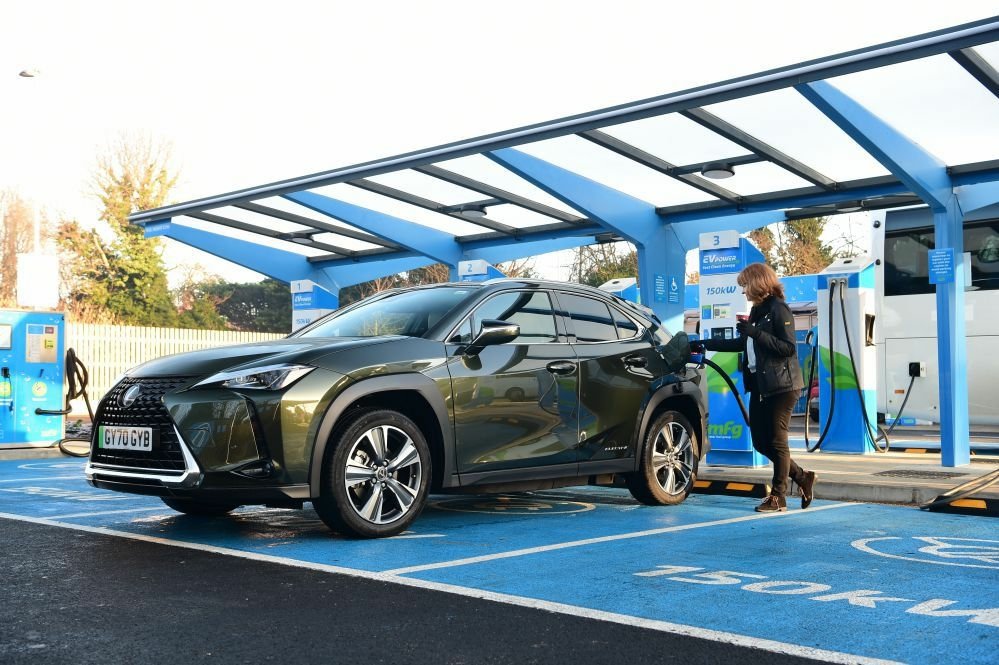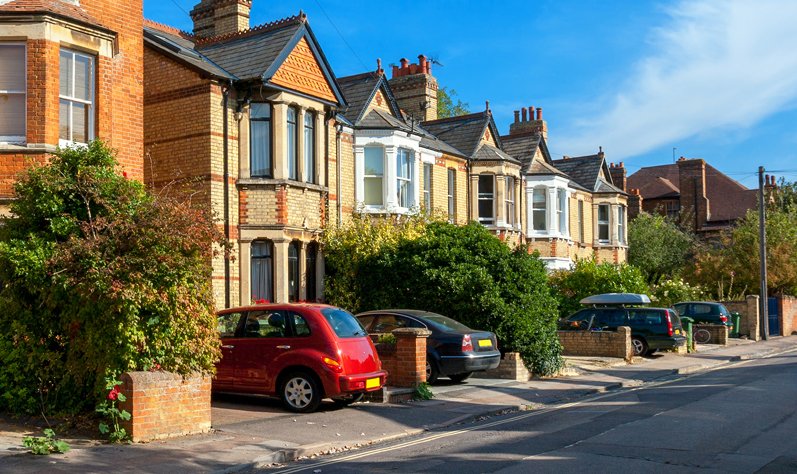Cost of Living Crisis is Crippling Car Owners

With inflation now officially at 9% and reports suggesting that the average household has seen an increase in outgoings of as much as £400 a month compared to last year, the cost-of-living crisis is having a big impact on car ownership and driving habits.
Changes in Driving Habits
According to a survey by tyres and servicing company, Kwik Fit, nearly 7 out of 10 motorists (69%) have changed their behaviour due to rising costs. More than one in five (21%) confirmed they are consciously trying to drive more smoothly and less aggressively, with 14% saying they driving more slowly.
Well over a third (35%) are driving significantly less this year, cutting down on ‘non-essential’ journeys. This is twice as true for owners of petrol and diesel cars not wanting to face those expensive trips to the pumps, compared to drivers of electric and hybrid cars.
Switching to Electric Cars
In fact, 17% of EV and Hybrid car owners confirmed that they had only recently switched from a diesel or petrol car in order to try and reduce their running costs. Electric cars require less servicing and maintenance, and combined with using smart chargers installed at home which use lower-tariff off-peak electricity, they can slash annual motoring bills by as much as £1000.
Unsurprisingly there is more interest in electric cars than ever before, with AutoExpress revealing its ten most read articles online are now all EV-related, a first for the magazine. It’s publisher, Autovia also confirmed that its online used car supermarket, BuyACar.co.uk had seen record surges in searches for electric cars. Typically, news headlines would provoke short-term spikes in searches for EVs, but this time it appears to be a sustained trend.
While searches for electric cars have tripled month-on-month, cost-of-living concerns are also reflected through interest in smaller and more economical vehicles, with the Ford Fiesta and Vauxhall Corsa consistently in the top five most popular sellers.
Ditching Driving Altogether
Some are giving up on the costs of car ownership altogether. The Kwik Fit surveyed revealed that 4% of drivers have sold their car this year and not replaced it, with those under 35 being eight times more likely to go carless compared to over 55-year-olds.
This is particularly true in London where the figure rises to one in ten. With the excellent public transport connectivity in the capital, 14% of motorists confirm they are making more journeys by public transport or car sharing. And with ‘working from home’ having become accepted as a norm in the wake of the Covid pandemic, 11% are continuing to do so in order to save money on commuting by car.
Despite this apparent abandoning of cars, it’s not serving to significantly ease the already high used car prices which saw average values increasing by 32.2% year-on-year by April, according to Auto Trader, registering the 25th month of consecutive price growth. While there is a slight slowdown in the rate of growth, Auto Trader insisted that inflation rates are having a smaller impact on the market than expected. People still want to buy cars, with 66% of those surveyed by the website confirming they would buy a car in the next three months, and nearly half insisting that they would neither delay nor reduce their buying budgets because of the cost-of-living, which is good news for the car trade.
Stay at Home
Coming back to car usage trends, interest in Staycations (driving holidays in the UK) which increased dramatically during the pandemic due to severely restricted international travel, is now waning fast, primarily due to the high cost of fuel. An Auto Trader survey revealed that 38% were less likely to choose a UK holiday this year with a staggering 85% admitting that was due to the cost of fuel. This is despite the travel chaos faced by holidaymakers at airports this year because of under-staffing.
Fuel prices are also making car-sharing potentially a greater area of consternation and conflict as 64% of drivers now say it is becoming socially acceptable to ask passengers to pay at the pumps – or at least chip in. Road safety charity, IAM RoadSmart surveyed over a thousand people and found that young people in particular were more likely to ask passengers to contribute to the fuel bill with 82% of 18-24 year-olds believing it to be an acceptable request. Over 65s were less likely to ask for fuel money, but over half (58%) would do.
Sell Your Car, Make Money Off Your Driveway
Meanwhile homeowners, possibly those that have sold their cars, are finding new ways to boost the household finances by renting out their driveways to other motorists looking for somewhere to park. According to YourParkingSpace.co.uk, there was a 131% jump in new registered space owners in April. Homeowners can raise an average of £500 a year by renting their vacant driveways, with one Brighton resident’s space generating a staggering £5,400 in 2021. However, it’s Londoners who stand to make the most, as they made a combined total of £11 million in the same year.
A Well-Maintained Car is an Efficient Car
Don’t forget to look after your car and keep it in optimal condition to ensure efficient running costs. A poorly serviced engine or incorrectly inflated tyres can significantly increase fuel and maintenance costs. At MotorEasy.com, we can help you look after your car.







